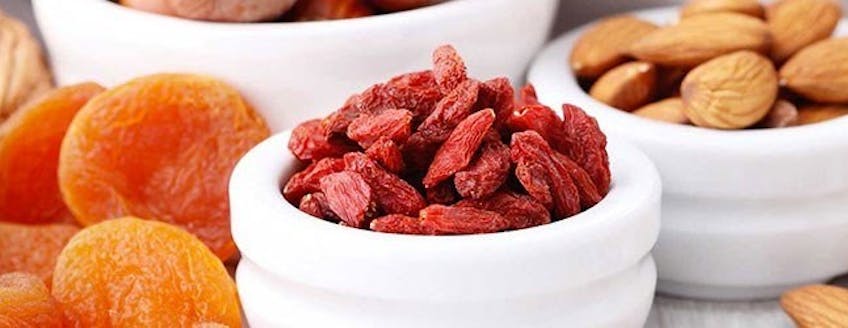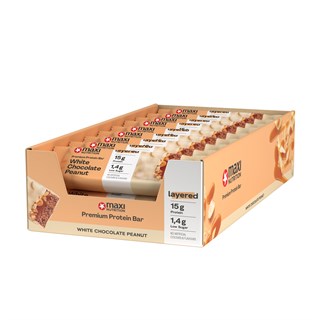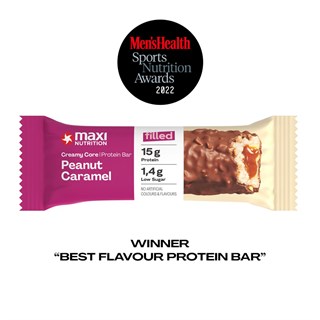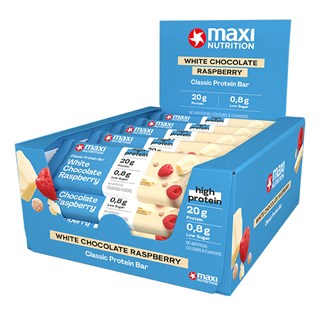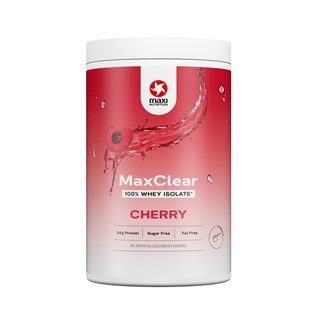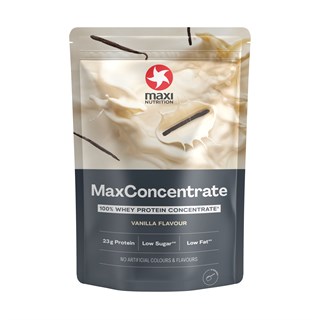Make sure you're eating the right foods for a clean diet
What is clean eating? It is a relatively simple nutritional concept and it’s one that is gaining traction. It involves eating foods that are un-processed or minimally processed; foods that are as close to their natural form as possible. Ultimately, clean eating is a lifestyle choice.
What are processed foods?
Processed foods are those that have been altered from their natural state. Foods can be considered across a spectrum from minimally to heavily processed. Nearly all foods have to go through some kind of ‘process’ to reach you, but this doesn’t mean that they are unhealthy. Minimal processing may involve simply changing the state of food by blending, cooking or freezing. Therefore, even nutritious vegetables that are bought pre-prepared and are steamed before eating can be considered processed, albeit minimally.
Therefore, it’s more heavily processed foods that you should be aware of. Common-sense will tell you what to steer away from most of the time, but here are some examples of what to avoid:
- Packaged meats, from sandwich ham to chicken nuggets
- Refined grains such as bread, pasta and noodles
- Ready-meals and other fast-food
- Snacks including sweets, chocolate, crisps and many snack bars
- Many soft drinks including fizzy drinks and vitamin boosted mineral waters
- Other foods with added ingredients including salt, sugar and sweeteners, and often difficult-to-pronounce artificial additives which function as emulsifiers and preservatives.
What are clean foods?
Clean foods are those that are as close to their original state as possible; usually single-ingredient whole foods. Often merely considering whether what you’re about to put in your mouth would have grown at some point is an easy way to determine whether you’re eating clean. Examples of clean foods are:
- Vegetables
- Fruit
- Eggs
- Nuts and seeds
- Unprocessed meat
- Fish and seafood
- Herbs and spices
- Unrefined grains such as rice, oatmeal and popcorn (home-popped, of course!)
What are the benefits of clean eating?
Ultimately, clean eating is beneficial as you’re fuelling your body with better quality produce. Other common problems, including weight issues, will likely take care of themselves as you cut out the junk. Whatever your goal - be it body composition, general health, or sports performance - the majority of your success or failure will be determined by your diet.
Is clean eating sustainable?
The reason that many people ‘fail’ where their diets are concerned is because they are unsustainable; extreme calorie-restricted diets as well as juice diets and other fad diets are examples of this. However, clean eating is sustainable long-term.
So, what is clean eating? Despite the way it is portrayed via the abundant photos of chicken, rice and broccoli dishes floating about the internet, it doesn’t have to be bland or lack variety. In fact, variety is a very important part of a healthy diet and it’s easy to make flavoursome meals using natural herbs, spices and sweeteners. The main issue that complicates clean eating is the fact that modern technology, and society’s desire for convenience, can make finding whole foods a difficult process, especially when you’re on-the-go. However, part of the battle is simply being educated and having the right tools to help you, so we have also put together some top tips for eating clean.
By Natalie Goodchild, blogger at The Blonde Ethos





